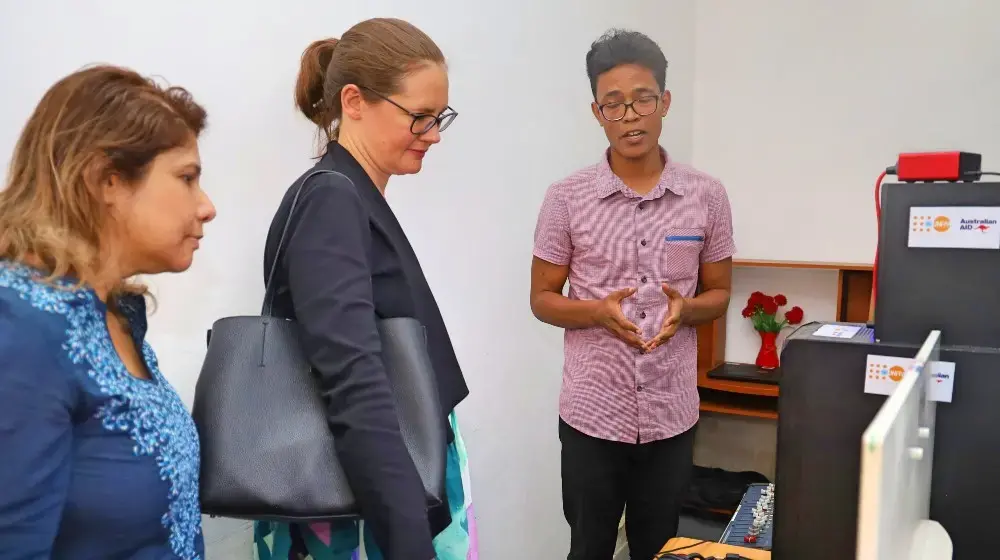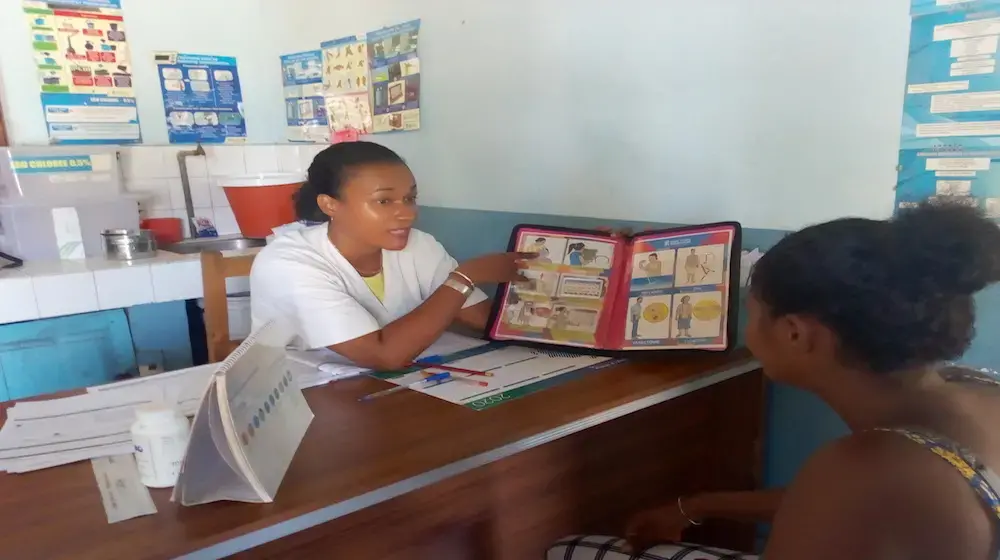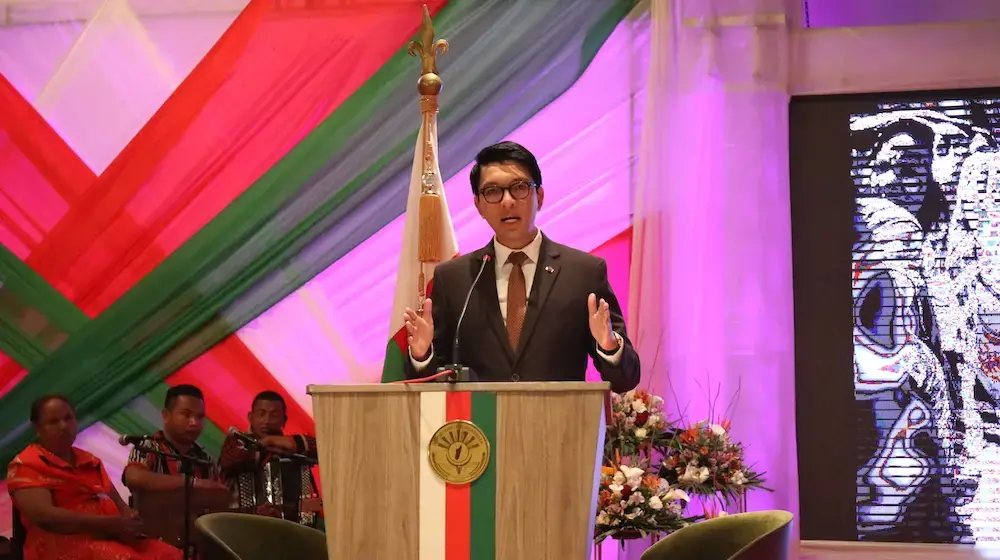After several months of surveying more than 19,000 households across the country, the results of the Millennium Development Goals National Monitoring Survey (ENSOMD) were presented on 24 February 2014.
This official presentation was held at the Antananarivo City Hall in the presence of Deputy Prime Minister Pierrot Botozaza and Fatma Samoura, Resident Coordinator of the United Nations System in Madagascar and technical and financial partners. The main objective of the Millennium Development Goals National Monitoring Survey carried out between 2012 and 2013 is to measure the progress made by Madagascar towards the achievement of the Millennium Development Goals (MDGs).
The National Institute of Statistics (INSTAT) conducted the survey under the guidance and financial support of UNFPA, which initiated and piloted this challenging and vital exercise for the country. The survey was funded by several technical and financial partners including UNDP, UNICEF, WFP, UN Women, World Bank, AfDB. All agencies of the United Nations system and their partners have contributed to the validation of the data. Several hundred interviewers took part in the survey, which made it possible to update data on household consumption, employment situation, food insecurity, education, maternal and child mortality, access to water and sanitation, and to supplement data that could not be covered by the 2010 Household Periodic Survey and the fourth 2008 Demographic and Health Survey / 09 (EDS-IV), taking into account the impact of the socio-political crisis that plagued the development of Madagascar between 2009 and 2013.
"Holding this presentation session and especially the publication of the results of the ENSOMD constitutes a means and a valuable tool in developing a sustainable development policy in Madagascar, "said the Deputy Prime Minister in his address to the ceremony. "Living together and better living together, the State will have to strive to help vulnerable families to have access to basic social services such as primary school, basic health centre and vocational training” are among the main lines of action, and finally" these multitudes of figures challenge us on the way forward, the priority to be given and, above all, the objectives to be reached ", concluded the Deputy Prime Minister.
The publication of this report on the MDGs comes at the right time when Madagascar is in the process of preparing its strategies and programmes for economic recovery and requires a reliable baseline and a tool for decision-making and programming, "said Fatma Samoura in her address to the national MDGs monitoring survey (ENSOMD) launching ceremony. "Of course, it is difficult for us to be at the rendezvous of 2015, only, we have no right to give up. We must remain committed. We have no choice but to persevere in our efforts to reduce poverty and sustainable human development for the men, women, elders, youth and children of Madagascar, "she continued.
Following the presentation of the results of the survey, the Deputy Prime Minister and the resident coordinator of the United Nations system together visited the stands representing each of the eight MDGs erected for the occasion by United Nations agencies and their partners . For two days in the main courtyard of the Town Hall, an exhibition will be open to the public and will allow the Malagasy who wish to familiarize themselves with the Millennium Goals.
This open house was carried out thanks to the support of the Governance and Institutional Development Project (PGDI). Regional dissemination will also be carried out in the coming months, in order to promote ownership of the results of the survey and their use by decision-makers and actors at the decentralized level.
At least two years from the 2015 deadline, results of the MDG survey provide an overview of the country's food security, nutrition, maternal health, child mortality, education and literacy, human rights, gender equality, the environment and poverty alleviation. In the light of the information collected and analyzed during the survey, it is now necessary to formulate and implement policies and strategies for Madagascar to move closer to the Millennium Development Goals by 2015. The uniqueness of the survey resides in the fact that it makes available to decision-makers a unique and specific database in both economic and socio-demographic variables. Thus, the eight volumes of the survey results are a source of statistical information that will satisfy the needs of partners, institutions, administrations and development actors.
Finally the ENSOMD results will enable the country to design a national anti-poverty programme, as well as sector programmes based on updated data.




